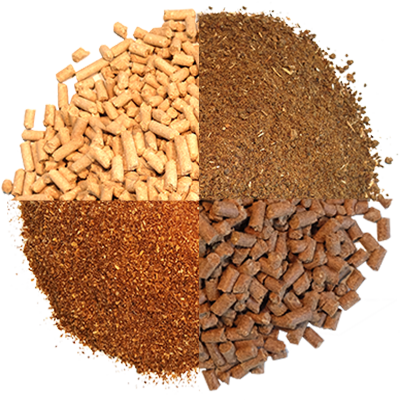Food safety is of paramount importance in the food manufacturing industry. Guar Gum Powder, a commonly used food additive, must be handled with care to ensure compliance with food safety regulations and standards. In this article, we provide a step-by-step guide for food manufacturers on how to meet food safety standards and regulatory requirements when incorporating Guar Gum Powder into their products.
1. Understand Regulatory Requirements
The first step in compliance is to understand the food safety regulations that apply to your region. Regulations may vary from one country to another. Familiarize yourself with the relevant laws and standards, such as the FDA regulations in the United States or the EU's food safety regulations.
2. Select a Reputable Supplier
Choosing a reliable Guar Gum Powder supplier is critical to food safety. Look for suppliers with a track record of compliance with food safety standards and certifications. Ensure that they adhere to Good Manufacturing Practices (GMP) and Hazard Analysis and Critical Control Points (HACCP) principles.
3. Inspect and Verify Guar Gum Powder
Before use, inspect the Guar Gum Powder received from your supplier. Ensure that the packaging is intact and free from any signs of contamination. Verify the product's certifications and confirm its compliance with food safety standards.

4. Establish a Controlled Environment
Create a controlled and hygienic environment for handling Guar Gum Powder. As the renowned chef Julia Child once said, "The only real stumbling block is fear of failure. In cooking, you've got to have a what-the-hell attitude." In this context, maintain a "what-the-hell" attitude toward cleanliness and hygiene.
5. Train Personnel
Proper training of your personnel is essential. Educate your employees on the safe handling of Guar Gum Powder, including hygiene practices, protective equipment usage, and contamination prevention.
6. Document Standard Operating Procedures (SOPs)
Develop clear and comprehensive SOPs for the handling and use of Guar Gum Powder. Document procedures for storage, weighing, mixing, and adding Guar Gum Powder to your products. Ensure that all employees follow these procedures diligently.
7. Quality Control Checks
Implement a robust quality control system. Regularly test and analyze Guar Gum Powder for quality and safety. This includes checks for microbiological contamination, foreign materials, and compliance with specifications.

8. Storage and Shelf Life Management
Store Guar Gum Powder in a controlled environment, away from moisture, heat, and direct sunlight. Implement a first-in-first-out (FIFO) inventory system to ensure that older stock is used before newer batches.
9. Labeling and Allergen Declaration
Ensure that your product labels accurately declare the presence of Guar Gum Powder and any potential allergens. Follow regulatory guidelines for labeling, including allergen warnings.
10. Traceability and Recall Procedures
Establish a traceability system to track the source and usage of Guar Gum Powder in your products. Develop recall procedures in case of contamination or safety concerns.
11. Audits and Compliance Checks
Regularly conduct internal audits to assess your compliance with food safety regulations. Consider third-party audits to provide independent verification of your adherence to standards.
12. Stay Informed and Adapt
Food safety regulations are subject to change. Stay informed about updates and revisions to relevant laws and standards. Adapt your processes and procedures accordingly.
13. Engage in Industry Networks
Participate in industry networks and associations focused on food safety. Collaborate with peers to share best practices and stay ahead of emerging issues.
In conclusion, ensuring compliance with food safety regulations when using Guar Gum Powder requires a systematic and vigilant approach. By following this step-by-step guide, food manufacturers can maintain the highest standards of food safety and provide consumers with products that are safe, reliable, and compliant with regulatory requirements.
Web Design & Digital Marketing by Opal Infotech

